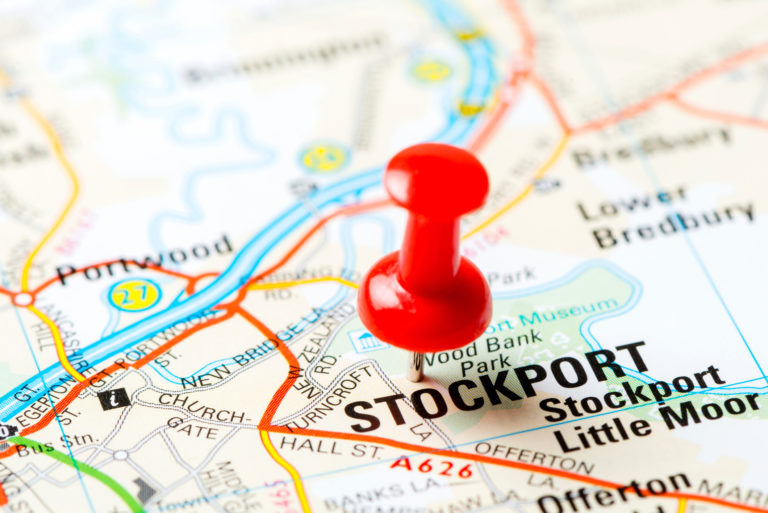Open-minded, tech-savvy or narcissistic? What is the best way to describe the millennial generation?
Who they are
Millennials are young people aged between 20 and 35, meaning they were born between 1980 and 1994. Another term frequently used is Generation Y, given to them because they follow Generation X (those born 1965-1979). However there are also other, less flattering names.
What others think of them
Try typing “Generation Y are” into Google and the suggested endings for your search vary from “generation y are lazy”, “idiots” and “unhappy”.
Although, to be fair, the suggested search endings on a Google search for baby boomers are just as unflattering.
One commentator has named them “Generation Y-ny [whiny]”, another common alias is Generation Me, which the Time magazine didn’t feel was quite right and made the generation’s apparent self-obsession even more present by changing it to Generation Me, Me, Me in a feature on them.
Looked at it from a different angle, they’re also described as being creative, flexible, open-minded, having a strong sense of responsibility and concern for the environment. But where’s the fun in that.
What they think of themselves
Possibly because of the public attributing so many negative names to them, millennials tend to have a much more negative self-image than other generations had before them. More than half of the millennials, 59%, described their own generation as “self absorbed” and 49% would say they are “wasteful”. In comparison only 30% of Generation X and 20% of the baby boomers were willing to describe their generation in those words.
The negative view of themselves goes so far that a big part of Generation Y doesn’t want to be connected to them. Almost 66% don’t think of themselves as part of that generation, although this might be, to a certain extent, because of a confusion of categories as 33% didn’t realise they were millennials and believed they instead belonged to Generation X.
Their issues are
With a generation that’s spanning 15 years, a variety of social classes, cultures and continents, defining a unified identity becomes an absurd task. In the UK alone there are 13.8 million millennials. A 20-year-old in Bristol is, without any doubt, facing very different problems to a 35-year-old in Edinburgh, and that’s without even leaving the UK.
There is no way to sum up a whole generation and their struggles in a couple of sentences. However there are a few political and economical issues that have unified Gen Y in a broader way. Graduating from university led many to job hunting during a relentless economic recession, the millennials were the guinea pigs of tremendous technological change and they spent most of their formative years with the constant lingering of terrorism.
Problems this generation is facing are plenty. The lack of opportunities in Mexico, socio-political disenfranchisement in the Philippines or the painfully high unemployment levels in Spain. Millennials in the US are paralised by debt and static wages, whilst the British Generation Y has been hit with unaffordable house prices, stopping them from making the first step onto the property ladder.
Source: The Guardian










